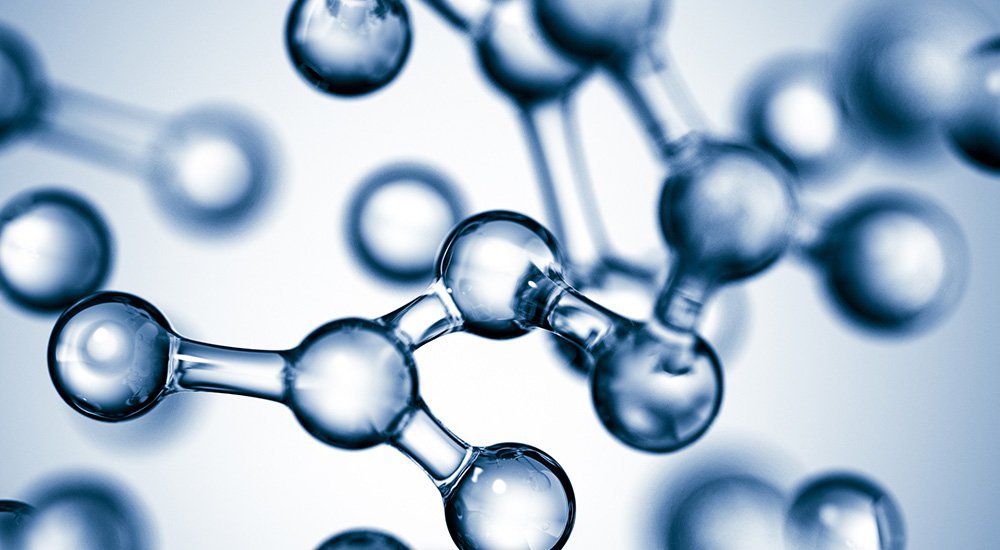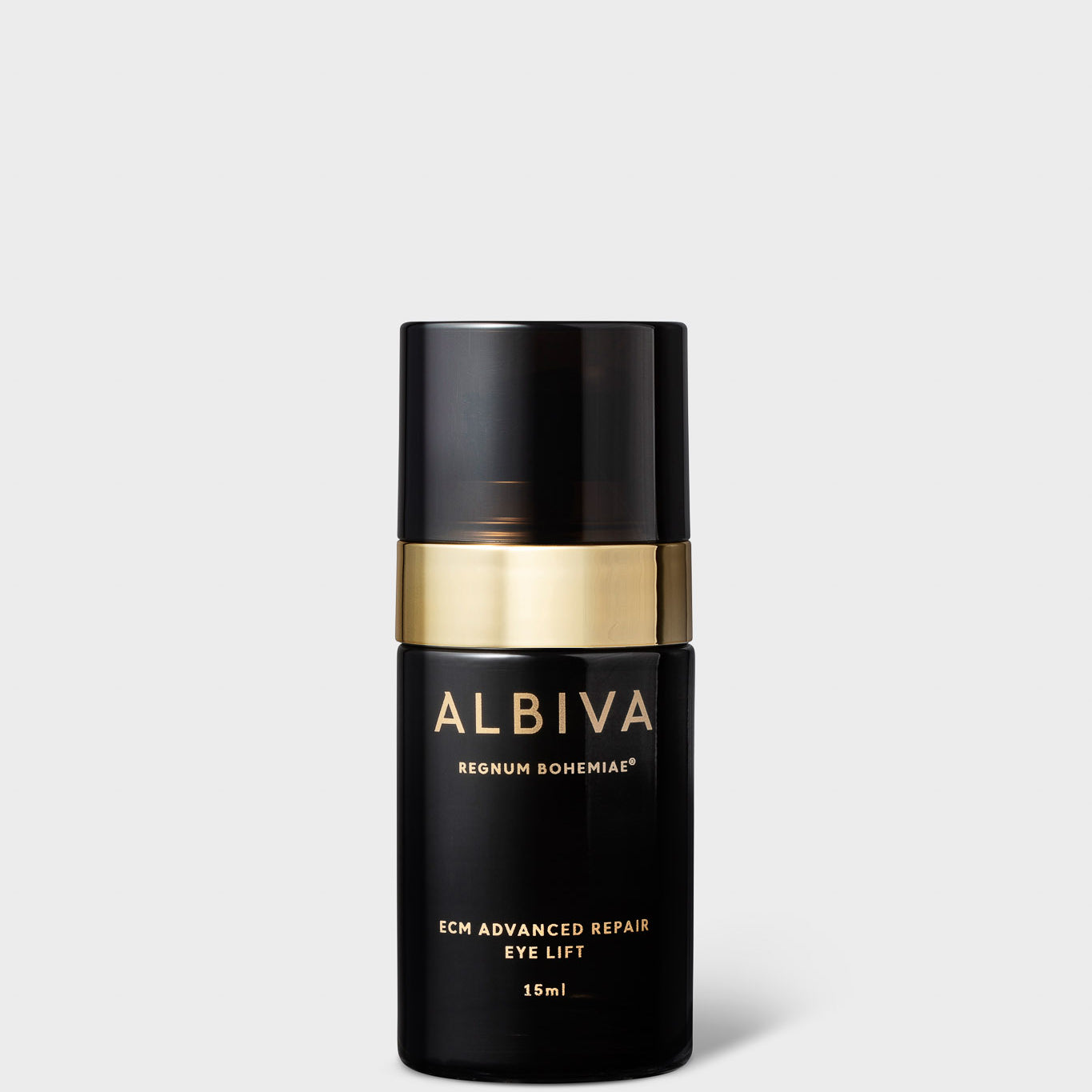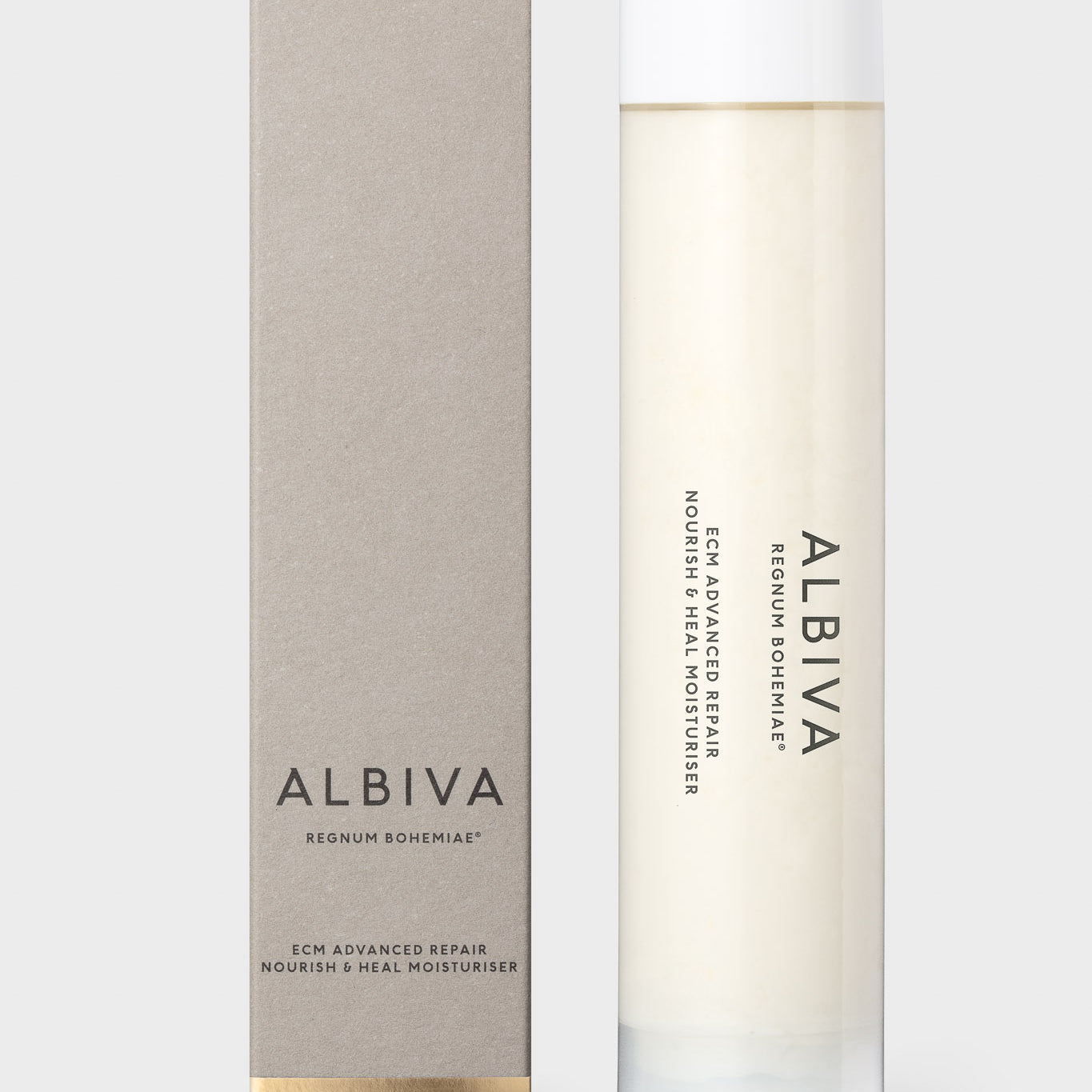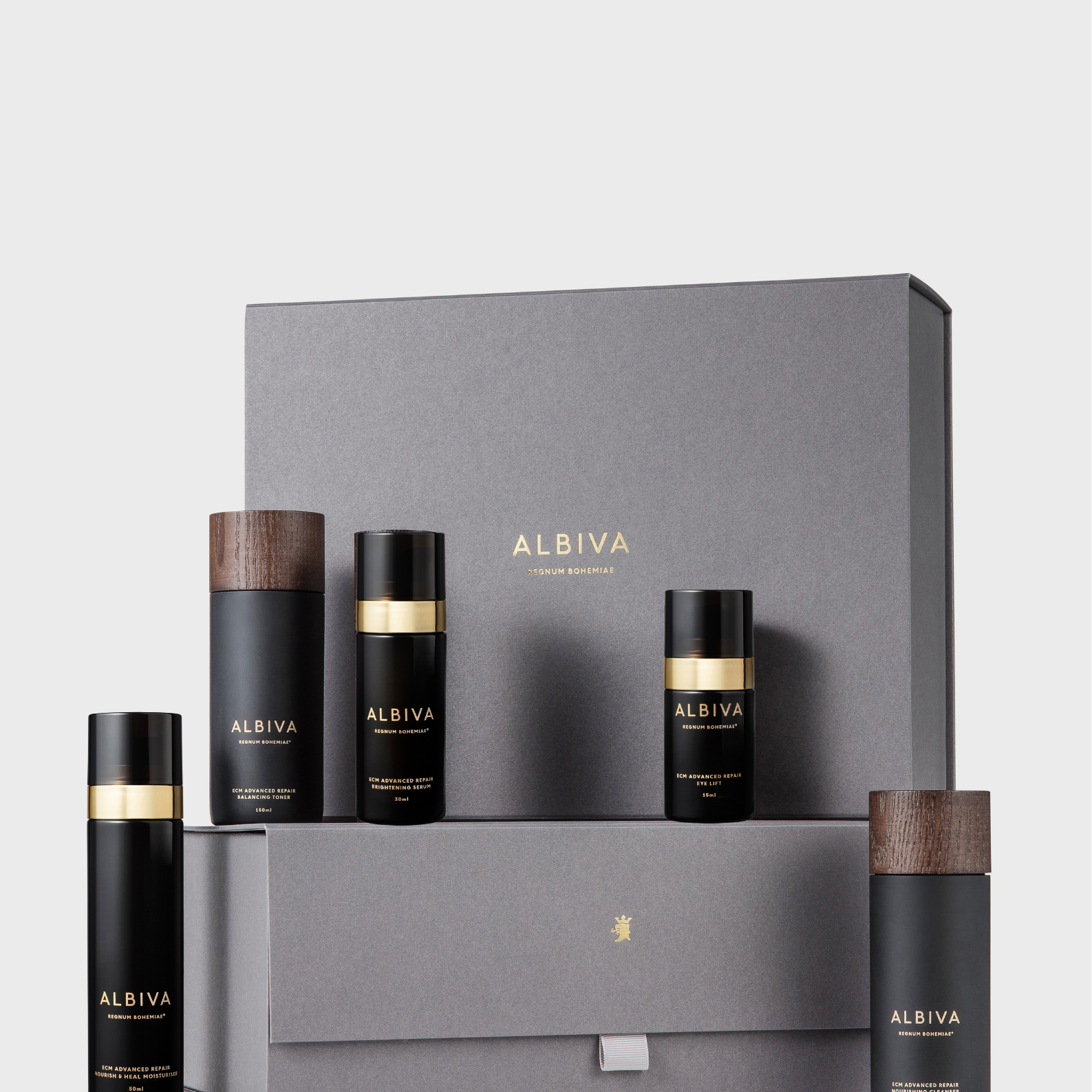Can your skincare routine cause dryness? Hyaluronic Acid – A Friend or Foe?

With dry, summer climate many of us turn to the gold standard in skincare when it comes to hydration, the hyaluronic acid.
Hyaluronic acid is one of the most water-loving molecules in nature, able to hold 1,000 times its own weight in water. It draws water from the deep skin layer (dermis) to the surface (epidermis), but it is very inclusive and also draws water from the environment and from the product itself. For some, hyaluronic acid can have the opposite effect and can dehydrate the skin even more, depending on application, product formula, environment and current skin condition. Here’s what you need to know including the right way to incorporate it into your skincare routine.
The Basics
Hyaluronic acid is naturally produced by your body and is mostly concentrated in skin, connective tissue and eyes. It is, together with collagen and elastin, a major component of the extracellular matrix (ECM) providing structure to your skin and playing vital role in skin elasticity and tone, cell metabolism, regeneration, and healing. Just like collagen and elastin, the amount of naturally-occurring hyaluronic acid in our bodies decreases as we get older, resulting in the appearance of lines and wrinkles.
Why Could HA Dry Skin Out?
A topical hyaluronic acid product will help pull moisture from the deeper layers of the skin to the surface. If you live in a humid area, it can also help pull water from the air into your skin. In a dry, summer climate when humidity levels are low, meaning there’s a lack of moisture in the air, the water drawn from the deep skin layers could evaporate, leaving skin drier than it was.
Our tip to deal with possible unwanted water loss if you are using hyaluronic acid serum or ampoules is to apply a moisturiser or oil over to it to seal in the hydration. This is the reason why we formulate our Albiva ECM Advance Repair moisturisers and serums with not only the hydrating component such as hyaluronic acid and glycerine, but also the occlusive TEWL (transepidermal water loss) reducing component to keep skin hydrated.
The Importance Of The Skin Barrier
With more and more customers applying standalone active ingredients such as hyaluronic acid, retinols, vitamins, acids, peels, etc. the correct way to apply and layer them is becoming ever more important as dermatologists are registering an increase in sensitised skin cases.
Compromised or damaged skin barrier contributes to the TEWL (transepidermal water loss). When skin barrier is damaged, applying hyaluronic acid creams can actually draw even more water from the skin, especially when used in our current very dry summer climates. Our Albiva ECM Advance Repair moisturisers and serums also contain ingredients such as niacinamide, allantoin and ceramides to restore and retain the integrity of the skin barrier.
A Friend Or Foe?
As long as topically applied hyaluronic acid is in the right formulation and correctly applied, it will keep your skin hydrated and supple.





